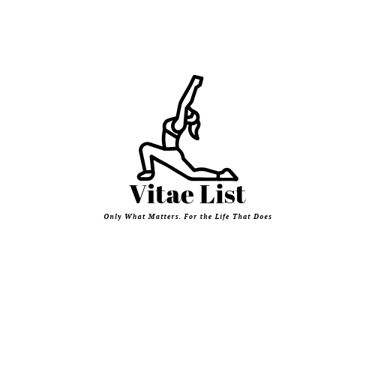Targeted Support: Supplements for Women vs. Men
Learn how supplement needs differ for men and women based on hormones, health goals, and common deficiencies. A practical guide to targeted nutrition support.
SUPPLEMENTS
Vitae List
7/8/20253 min read


Targeted Support: Supplements for Women vs. Men
How supplement needs differ based on sex-specific health goals, hormones, and common deficiencies
Disclosure: As an Amazon Associate, we earn from qualifying purchases. Some of the links in this post may be affiliate links, which means we may earn a small commission at no extra cost to you.
When it comes to supplementation, one size doesn’t fit all. While many vitamins and minerals are essential for everyone, men and women often have distinct nutritional needs tied to their biology, hormone profiles, and health priorities.
In this guide, we break down how supplement strategies can and should differ between women and men—so you can choose the right support for your body, lifestyle, and goals.
🧬 Why Gender Matters in Supplementation
Sex hormones like estrogen, progesterone, and testosterone influence everything from muscle mass and metabolism to bone density and immune health. On top of that, common health concerns—like PMS, menopause, or prostate health—create unique nutrient needs for each sex.
Key differences include:
Hormonal fluctuations (monthly for women, more gradual for men)
Different rates of nutrient loss (e.g., iron through menstruation)
Age-related changes (e.g., testosterone decline, menopause)
Variations in body composition and fitness goals
Let’s take a closer look at how this plays out.
💪 Supplements Commonly Recommended for Men
1. Zinc
Essential for testosterone production, immune health, and recovery. Men with low zinc may experience lower libido and energy levels. https://amzn.to/3TsXymY
2. Vitamin D
Supports hormone balance, mood, and bone health. Men with limited sun exposure often fall short. https://amzn.to/4lh7Tyq
3. Creatine Monohydrate
Popular for muscle growth, strength, and performance. Creatine is particularly effective for men engaged in resistance training. https://amzn.to/4nxFllP
4. Magnesium
Helps manage stress, muscle function, and sleep—critical for men with high physical or mental workloads. https://amzn.to/4lf0AXX
5. Saw Palmetto
Often used for prostate health, especially in men over 40. https://amzn.to/4kCLZEY
🌸 Supplements Commonly Recommended for Women
1. Iron (Ferrous Bisglycinate)
Women, especially premenopausal, are at higher risk of iron deficiency due to menstruation. Low iron can cause fatigue, brain fog, and brittle nails. https://amzn.to/408mDXZ
2. Folate (Methylfolate)
Crucial for women of childbearing age, especially during pregnancy. Supports cell division, fetal development, and mood. https://amzn.to/44k315F
3. Calcium + Vitamin D
Women are more prone to bone density loss, especially post-menopause. This duo helps support strong bones and hormonal balance. https://amzn.to/3U5lpZW
4. Evening Primrose Oil or Chasteberry
Popular for managing PMS, menstrual discomfort, or menopause symptoms. https://amzn.to/464oQaR
5. Magnesium Glycinate
Supports sleep, stress response, and hormone regulation. Also helps with menstrual cramps and mood swings. https://amzn.to/4nUECeX
🎯 Shared Essentials, Different Priorities
Both men and women benefit from:
Omega-3s (for heart, brain, and inflammation support)
Multivitamins (as a daily safety net)
Probiotics (for gut and immune health)
Adaptogens like ashwagandha or rhodiola (for stress support)
However, dosage, timing, and formulation often differ. For example:
Men’s multivitamins tend to exclude iron (to avoid buildup)
Women’s formulas may include extra folate, iron, or calcium
Hormone-balancing blends differ based on needs like estrogen support vs testosterone optimization
🧠 Key Considerations Before Supplementing
Lifestyle and Diet First: Supplements should supplement, not replace, a nutrient-rich diet.
Testing Matters: Get bloodwork done to check levels of vitamin D, iron, B12, and hormone panels.
Life Stage Awareness: Needs change with age—whether it’s fertility, pregnancy, athletic goals, or aging concerns.
Quality Counts: Look for third-party tested, clean-label products without fillers, dyes, or unnecessary additives.
🧾 Final Thoughts
Your body isn’t generic—your supplements shouldn’t be either. Whether you're supporting hormonal health, improving energy, or optimizing performance, choosing the right nutrients based on your sex can make a major difference.
Understanding these distinctions helps you target your support more effectively, reduce guesswork, and invest in what your body truly needs. And as always, consult with a healthcare professional before making major changes to your supplement routine.
